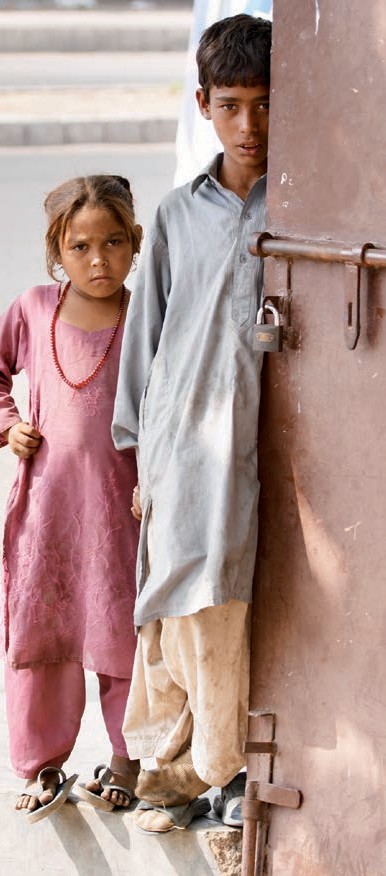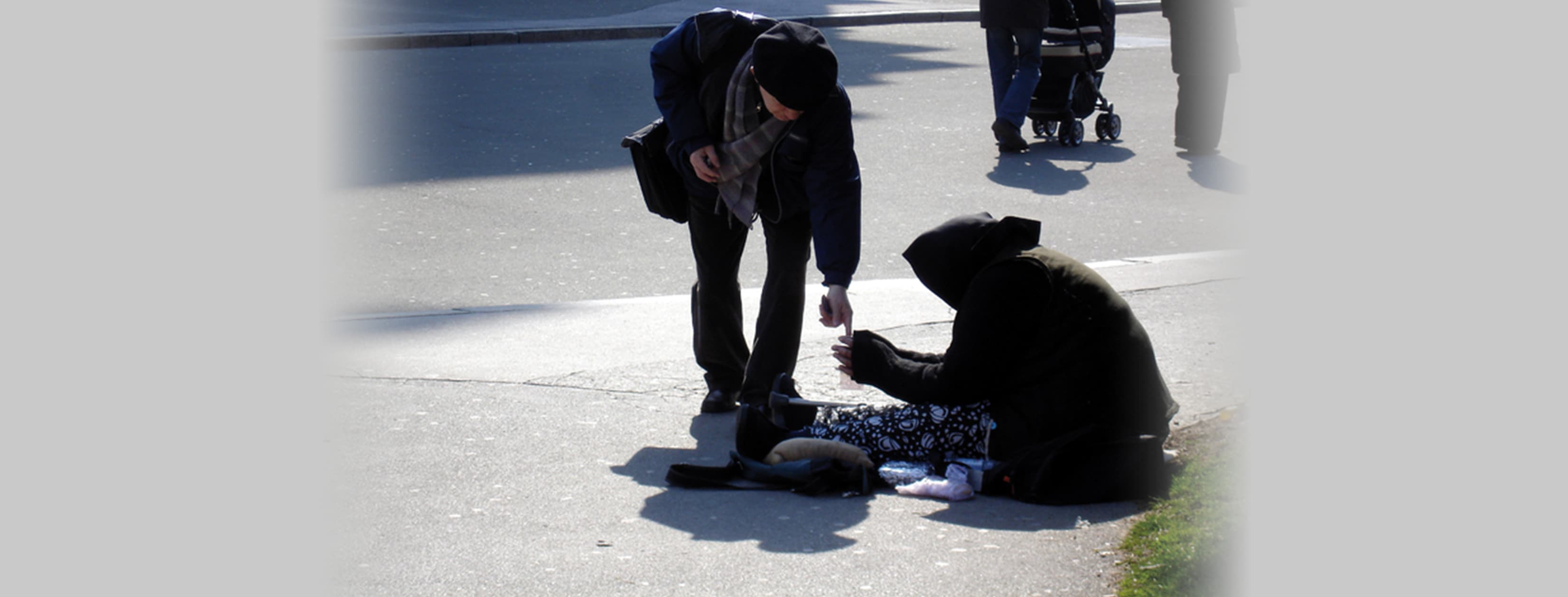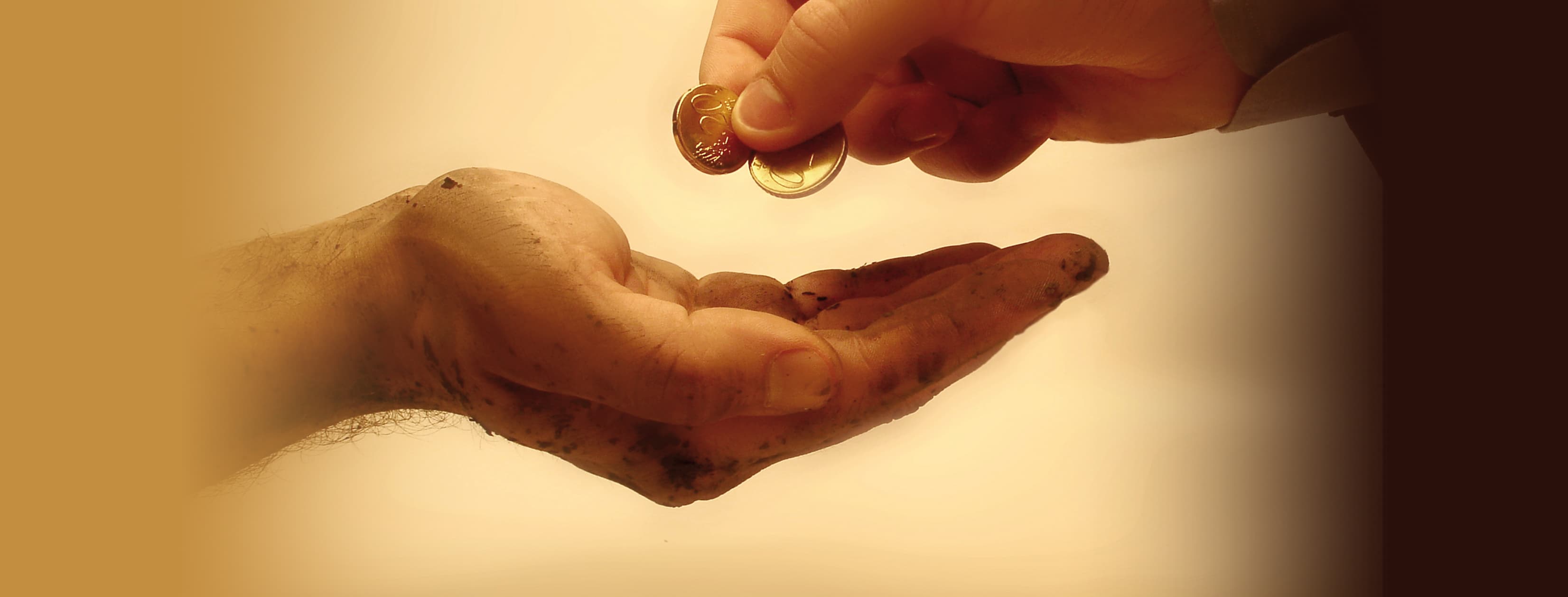Islam has specified the beneficiaries of zakaat, and a Muslim may pay it to one or more categories or simply give it to charitable societies which undertake to distribute it to those entitled to it. It is more appropriate, however, to pay it in the country where one lives.
Those who qualify to receive zakaat funds are as follows:
1
The destitute who live in absolute poverty as well as those who cannot meet their basic needs.
2
Those employed to collect and distribute zakaat.
3
Slaves who need money to purchase their freedom.
4
Those who have run into debt and cannot possibly pay it off, regardless of whether they have assumed debt for public or personal interest.
5
Those who struggle in the cause of Allah: This includes those who fight in defence of their religion and country as well as those who engage in any activity which aims to support and propagate Islam.
6
Those whose hearts are to be reconciled: These are those who have recently embraced Islam or those expected to embrace it. The duty of giving zakaat to this category of recipients does not belong to individuals but rather to government bodies, Islamic centres and charitable organisations that determine the real benefit behind that.
7
The travellers who are undergoing financial difficulties even if they are very rich back home.
Regarding the deserving beneficiaries of zakaat, the Qur’an states, “Zakaat is for the poor, the destitute, those who collect it, those whose hearts are to be reconciled, for those in debt, for the cause of Allah and the stranded travellers. It is a legal obligation from Allah. Allah is All-Knowing, All-Wise.” (Soorat At-Tawbah, 9:60)

The poor and the needy are those who cannot meet their basic needs.


